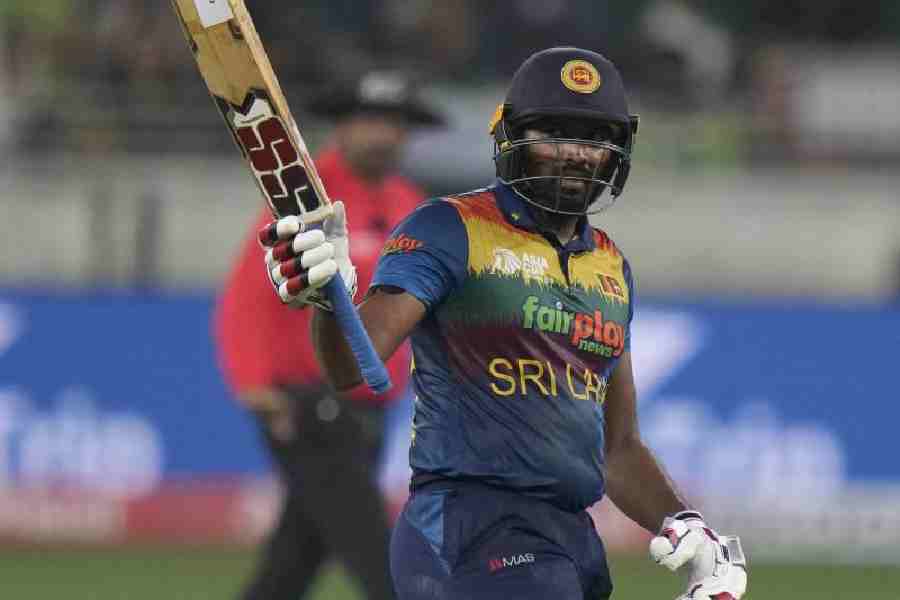New Delhi, May 11 :
The Supreme Court today cut short the longest death row in India, upholding only four of the 26 capital punishment sentences in the Rajiv Gandhi assassination case. The death sentences on three were commuted to life imprisonment, while 19 were ordered to be released ?forthwith?.
The three-judge bench of Justice K.T. Thomas, Justice D.P. Wadhwa and Justice Syed Shah Mohammed Quadri gave separate judgments on the sentence, but ruled through a common order that ?the death sentence passed on Nalini, Santhan alias Raviraj, Murugan and Perarivaalan alias Arivu is confirmed. Death sentence passed on Robert Payas, Jayakumar and Ravichandran is altered to imprisonment for life?.
?In other words,? the order said, ?except Nalini, Santhan, Murugan, Robert Payas, Jayakumar, Ravichandran and Arivu, all the remaining appellants shall be set at liberty forthwith.?
In January 1998, the special court in Poonamalee had sentenced to death the 26 accused in the case.
The 19 cleared of direct involvement in the assassination were, however, convicted of other offences under various laws like the Arms Act, Foreigners Act, Indian Penal Code, Explosive Substances Act, Passport Act and the Wireless and Telegraph Act. But since they have already spent the period of sentence in jail, they would be set free.
The bench said: ?If they have already undergone the period of sentence under those counts, it is for the jail authorities to release those against whom no other conviction and sentence exceeding the said period have been passed.?
The court ?set aside? offences made out against all the 26 accused under Tada. All of them, including those now facing death and life terms, were exonerated of Tada charges. The convicts were punished for murder (under Section 302 of IPC) and criminal conspiracy (Section 120-B of IPC).
Today?s ruling ends the nine-year-long proceedings after the death of Rajiv Gandhi, assassinated by a human bomb at a poll rally at Sriperumbudur in May 1991.
Of the four on death row, all, except Nalini, were activists of the Liberation Tigers of Tamil Eelam, which is responsible for killing the former Prime Minister.
The judges differed on sending Nalini to the gallows. However, she lost 2-1 as Justice Quadri and Justice Wadhwa outvoted Justice Thomas, who felt that since Nalini?s husband Murugan was to die, she should be saved so as not to make their child an orphan.
Nalini is the only survivor of the five-member LTTE team that killed Rajiv Gandhi. While the human bomb, Dhanu, and photographer Haribabu ? assigned without his knowledge to capture the ?assassination of the century? ? died in the explosion, Sivarasan and Shubha fled the scene but committed suicide later.
While trying this case, the Supreme Court for the first time allowed video evidence and watched visual footage in open court.
Appearing for the convicts, senior counsel N. Natarajan contended that all the accused did not have prior knowledge of the murder plot and hence ?varied degree of complicity warranted varied degree of sentence?.
Countering Natarajan, additional solicitor-general Altaf Ahmed said all the accused were directly involved in the conspiracy to assassinate Rajiv Gandhi and, therefore, on the basis of ?involvement in the conspiracy? should be sentenced to death.
A pro-LTTE organisation which funded the defence of the accused said review petitions will be moved against the sentences on the seven.
 Thursday, 12 February 2026
Thursday, 12 February 2026









